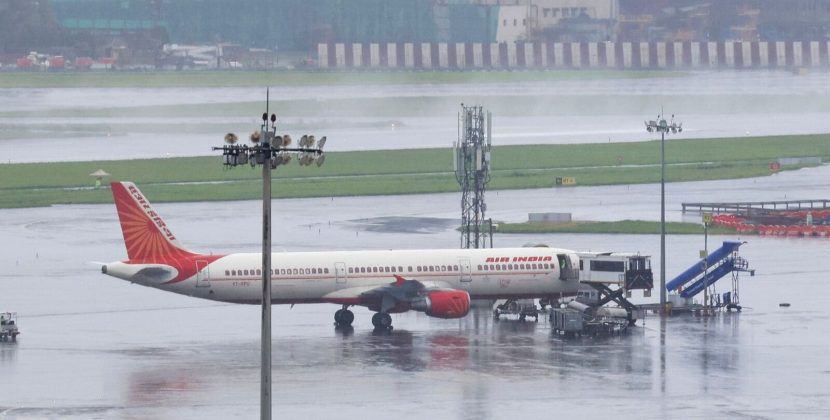
The Delhi high court on Friday dismissed a plea by seven Bharatiya Janata Party (BJP) legislators seeking directions to Speaker Ram Niwas Goel to convene a special assembly session for tabling 14 contentious Comptroller and Auditor General (CAG) reports, even as the court criticised the Aam Aadmi Party (AAP) government for its “inordinate delay” in taking steps to table the reports.
A bench of justice Sachin Datta directed the Delhi government to “expeditiously table the reports” once the assembly reconvenes after the elections. Voting in Delhi is scheduled for February 5, with the results to be announced on February 8.
The verdict comes as a relief for the AAP, which has been pushing back against tabling the reports — many of which are ostensibly critical of the government and several parts of which have been put out in the public domain by the BJP. The issues covered in the reports include the Delhi excise policy, the renovation of the CM’s official bungalow, vehicular pollution, public health, and the performance of government departments — all key campaign issues in the run-up to the elections.
These audit reports have been a recurrent flashpoint between the AAP and BJP. The principal opposition party has sought to corner the ruling AAP over the absence of reports in the run-up to the elections, accusing it of withholding information for fear it could dent its performance in the polls. The AAP, on its part, has labelled the claims as “fabricated.”
In a 31-page verdict on Friday, justice Datta emphasised that the decision to reconvene a House after it is adjourned sine die without prorogation rests solely with the Speaker and is beyond the jurisdiction of the court. The court also noted the limited tenure remaining for the current assembly and the procedures required after tabling the reports, including scrutiny by the Public Accounts Committee (PAC), deeming a special session impractical at this juncture.
“As such, it has been unmistakably laid down by the Supreme Court that the power to reconvene sitting/s of the Legislative Assembly after it has been adjourned sine die without prorogation, is the sole prerogative of the Speaker of the Assembly. It is not permissible for this Court to issue directions with regard thereto,” the judge held.
The seven BJP legislators, including leader of Opposition in the state assembly, Vijender Gupta, alleged that chief minister Atishi and the Delhi government had failed to forward the reports to the Speaker, violating constitutional requirements. They pointed to AAP’s assurance in court on December 16 last year to send the reports to Goel “within two to three days,” which, they claimed, was not fulfilled even by the time the plea was filed.
The legislators, represented by senior advocates Mahesh Jethmalani and Satya Ranjan Swain, accused the Delhi government of deliberately withholding the reports to suppress their findings.
Senior advocates Rahul Mehra and Sudhir Nandrajog represented the Delhi government and the assembly Speaker respectively. They opposed the plea arguing there was no pressing need to make the reports public before the assembly’s tenure ends.
In its judgment, the court pointed out that the term of the current legislative assembly is about to expire and elections for the purpose of electing the next assembly are barely a few days away.
“In such a situation, it would be impracticable to hold a special sitting of the assembly. This is also on account of the fact that once the CAG reports are tabled in the House, they have to be examined and scrutinised by the PAC, as contemplated under Rule 192 of the Rules of Procedure. Given that the Legislative Assembly is at the fag end of its current term, the examination and scrutiny by the PAC will now take place only after the newly elected Assembly (pursuant to the upcoming elections) is reconvened,” held the bench.
At the same time, the court berated the Delhi government for its failure to act promptly, noting: “It is quite evident that there has been an inordinate delay on the part of the respondents/Delhi government of NCT of Delhi in taking requisite steps for laying the CAG reports before the Legislative Assembly. The sequence of events and the timelines reveal a disdainful disregard by the respondents/Delhi government of its constitutional obligations in this regard.”
Justice Datta underscored that tabling CAG reports in the legislature is a mandatory constitutional requirement, adding that withholding them for extended periods undermines this mandate.
“Laying the Reports of CAG in the concerned legislature is in the nature of a mandatory constitutional imperative. It is the means through which the elected representatives are entitled to have access to the CAG Reports and thereby hold the Government of the day accountable in the field of financial administration. Although no time period is prescribed under Section 48 of the GNCTD Act to table the Reports before the Legislative Assembly, it would be subversive of the constitutional mandate to with-hold these reports from the legislature for an inordinately long period,” the court said.
BJP leaders slammed the AAP for “alleged corruption” in the tabling the reports. “The court acknowledged that though Section 48 of the GNCTD Act does not specify a time frame for presenting the reports in the assembly, delaying them for an extended period after receiving them from the CAG is a violation of constitutional provisions,” Gupta said.
The Congress, on the other hand, said that the high court ruling only shows that BJP and AAP were hand in glove in Delhi’s corruption. Delhi Congress president Devender Yadav said, “If the reports were not tabled in Delhi assembly, there is a provision to table these in the Lok Sabha, but even the BJP wanted to hide the corruption of AAP as it has been supporting it throughout”
The AAP did not respond to HT’s queries for a comment on the allegations.
In a separate hearing on Friday, a bench led by chief justice DK Upadhyay expressed reservations about directing the immediate publication of the 14 CAG reports before elections, without first tabling them in the legislative assembly. The bench, also comprising justice Tushar Rao Gedela, noted that such an order would contravene Article 151 of the Constitution, which requires CAG reports to be submitted to the Governor and then tabled in the assembly.
Hearing a plea by former civil servant Brij Mohan, who argued through senior advocate Geeta Luthra that withholding the reports violated citizens’ fundamental right to information under Article 19(1)(a), the bench remarked, “Article 151 is not a bar, it’s a constitutional requirement… For RTI, a particular document has to become information, and unless it is tabled before the parliament, it does not become information.”
The court added: “Public has a right to know, not in violation of any constitutional provisions. If your prayer is granted, Article 151 will be violated.”
The bench has scheduled further hearings on Mohan’s plea for February 3 and directed the Lieutenant Governor, the Centre, and the CAG to file short notes on the issue.

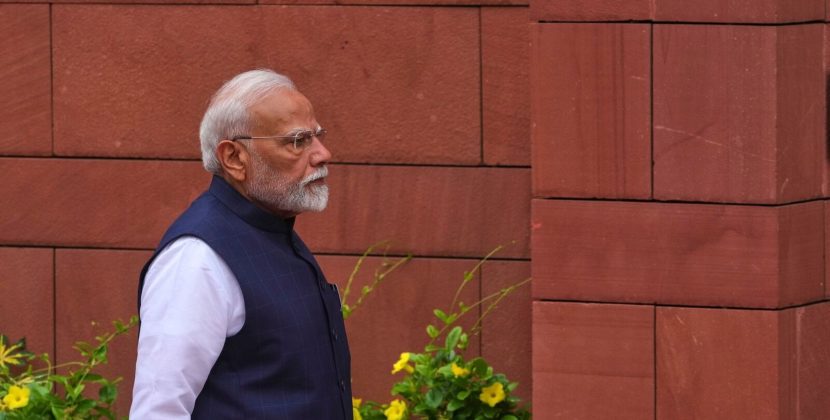
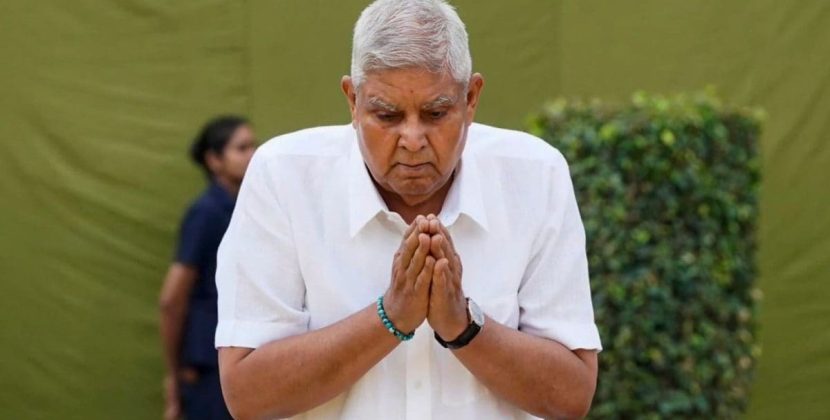





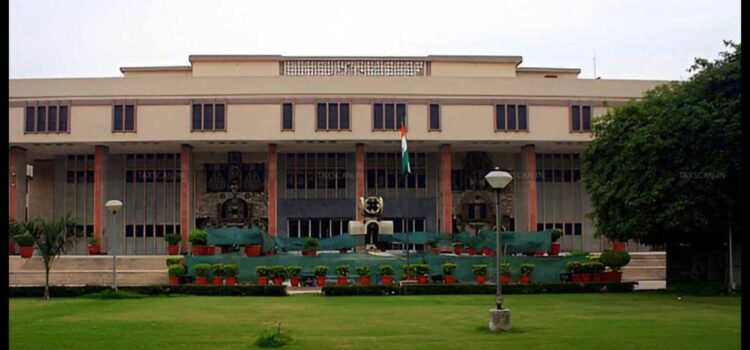
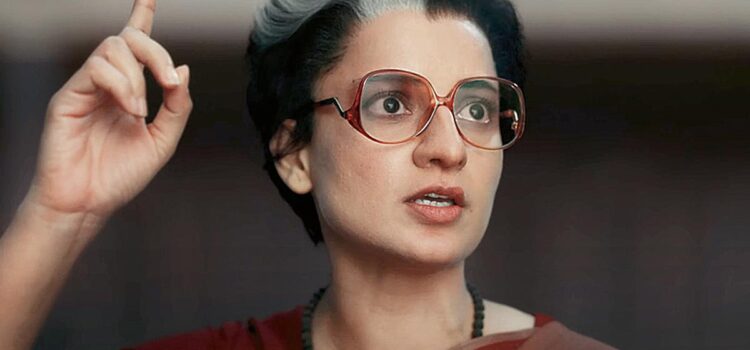

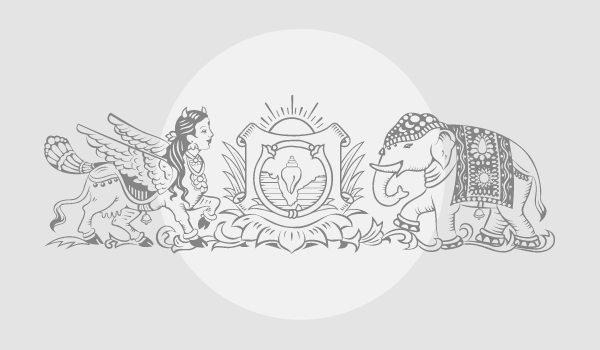
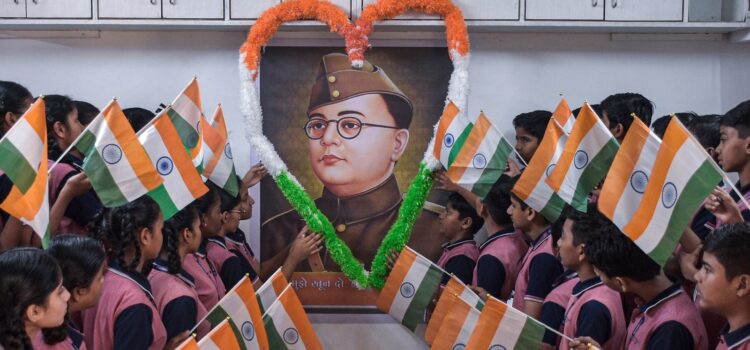
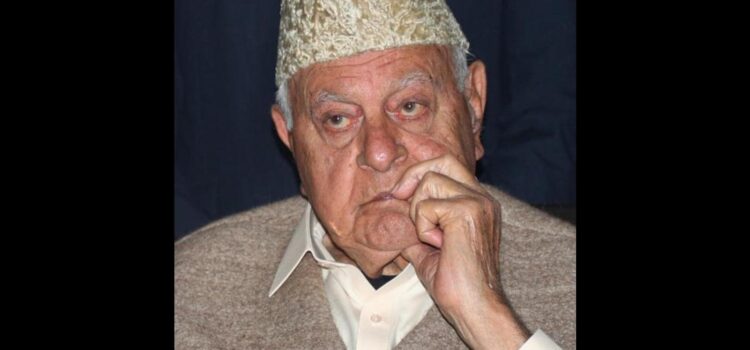

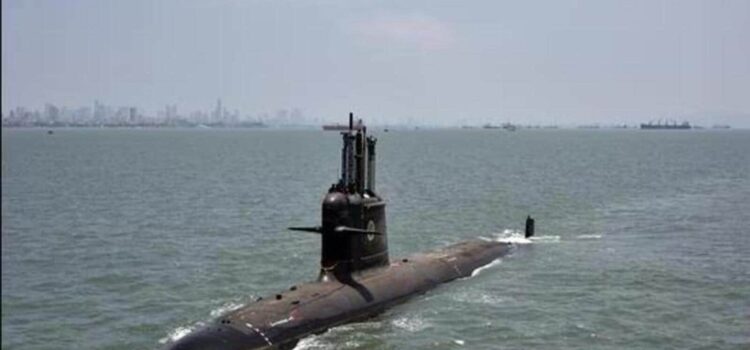
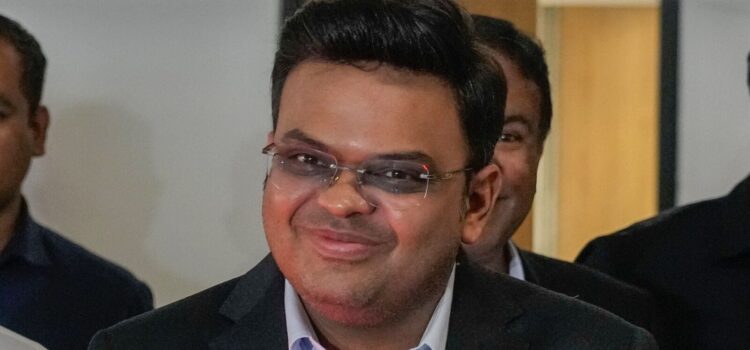

Comments